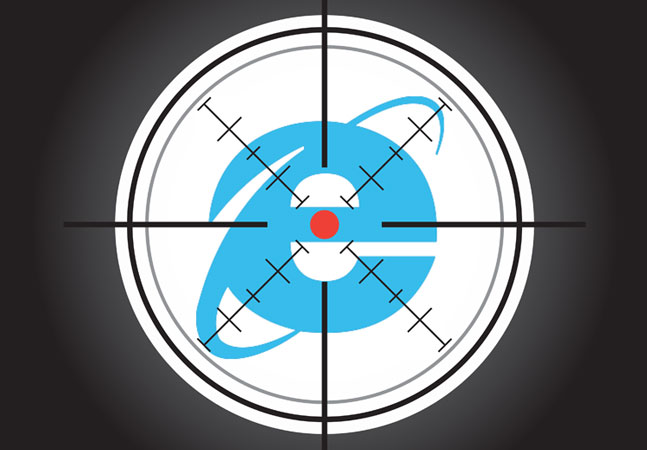
An effort to help enterprise organizations better patch their software will be "kicking off soon," according to a Wednesday Microsoft announcement.

How many of these data security offenses is your organization guilty of, and how can you correct them? Play the Data Breach Game and find out.
- By Joey D'Antoni
- 10/09/2019

October is not looking like it's a too frightful of a patch month, with 60 software vulnerabilities getting addressed in Microsoft's "update Tuesday" security release.

Microsoft's OneDrive cloud-based storage service for consumers now has a new security feature for file storage, Microsoft announced last week.

Microsoft announced on Tuesday that its Extended Security Updates program for Windows 7 Service Pack 1 users won't be restricted to organizations that made their Windows purchases through its volume licensing offerings.

Microsoft Defender Advanced Threat Protection's endpoint detection and response capability is now at "general availability" commercial-release status for users of Windows Server 2008 R2 Service Pack 1.

IT spending likely will increase in 2020 because of a need to carry out infrastructure upgrades and address security concerns, according to a Spiceworks study published this week.

Here's how you can use Hyper-V's replica infrastructure to minimize disruptions caused by the patch management process.

Azure Sentinel, Microsoft's cloud-based security information and event management (SIEM) solution, has reached the "general availability" release stage.

Microsoft on Monday released two "out-of-band" security advisories, one for its Internet Explorer (IE) browsers and another regarding its Microsoft Defender antimalware solution.

Microsoft upped the stakes in its effort to end "Basic Authentication" with the Exchange Online e-mail service.

Microsoft recently announced a bunch of tooling updates for organizations using Office 365 and Azure solutions.

Microsoft on Tuesday announced a preview of Azure Private Link, an option for keeping Azure service connections off the public Internet.

The Microsoft Defender Advanced Threat Protection (ATP) Evaluation Lab is now ready for use by organizations.

Microsoft updated an August security advisory this week to urge organizations using the Lightweight Directory Access Protocol in supported Windows systems to implement some configuration changes manually.

Microsoft released security patches for multiple vulnerabilities in Windows and various applications in its September "update Tuesday" release.

A new Confidential Computing Consortium was announced on Wednesday by the Linux Foundation to boost the security of processed data.

Microsoft warned this week in a Twitter post that its August security updates won't install for users of Windows 7 Service Pack 1 or Windows Server 2008 R2 SP1 if those operating system lack certain March updates.

Microsoft's August security updates address about 93 common vulnerabilities and exposures, several of which are associated with Remote Desktop Protocol (RDP).

Microsoft indicated recently that "BlueKeep" exploit code for Windows systems is now "widely available" for use by attackers.